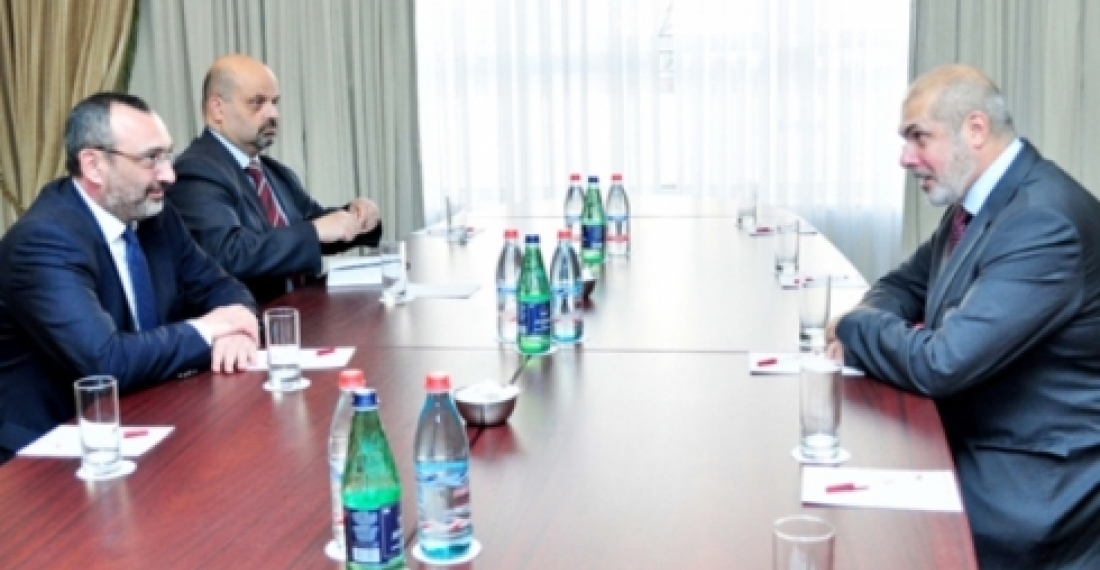Commentary:
The European Union Special Representative for the South Caucasus, Ambasador Phillipe Lefort, last week met in the Armenian Capital Yerevan with representatives of the self-declared Nagorno-Karabakh Republic as part of his mandate to assist in the resolution of the Karabakh conflict.
Direct contacts between the EU and the Stepanakert authorities are not held often. The European Union and its 28 member states, like the rest of the international community, do not recognise the Nagorno-Karabakh Republic. They also recognise the territory of Nagorno-Karabakh as being within the Republic of Azerbaijan. The EU sees a solution to the Karabakh conflict within the parameters of the Madrid principles that were proposed by the Minsk Group co-Chair countries, and broadly agreed to by the conflicting sides.
The issue however is not solely one of territory. Dialogue with representatives of all the people that are involved in the conflict is necessary. Thus it is right that Ambassador Lefort should speak to the Stepanakert authorities. He should, and does, also speak to representatives of the large Azerbaijani community that was displaced by the conflict in the period up to 1994.
These meetings are often difficult, partly for protocol reasons, partly because those involved are nearer to the suffering that the conflict has inflicted. But they are necessary and must be intensified.
The European Union must also be given the ability to move freely within the conflict region, if it is to play a serious and positive role in resolving the conflict. The leadership of the EU has called for this on many occasions. It is up to the sides to respond in an appropriate manner.
source: commonspace.eu
photo: Ambassador Phillipe Lefort, the European Union Special Representative for the South caucasus meeting on 30 October with the representatives of the self-declared Nagorno-Karabakh Republic in Yerevan







